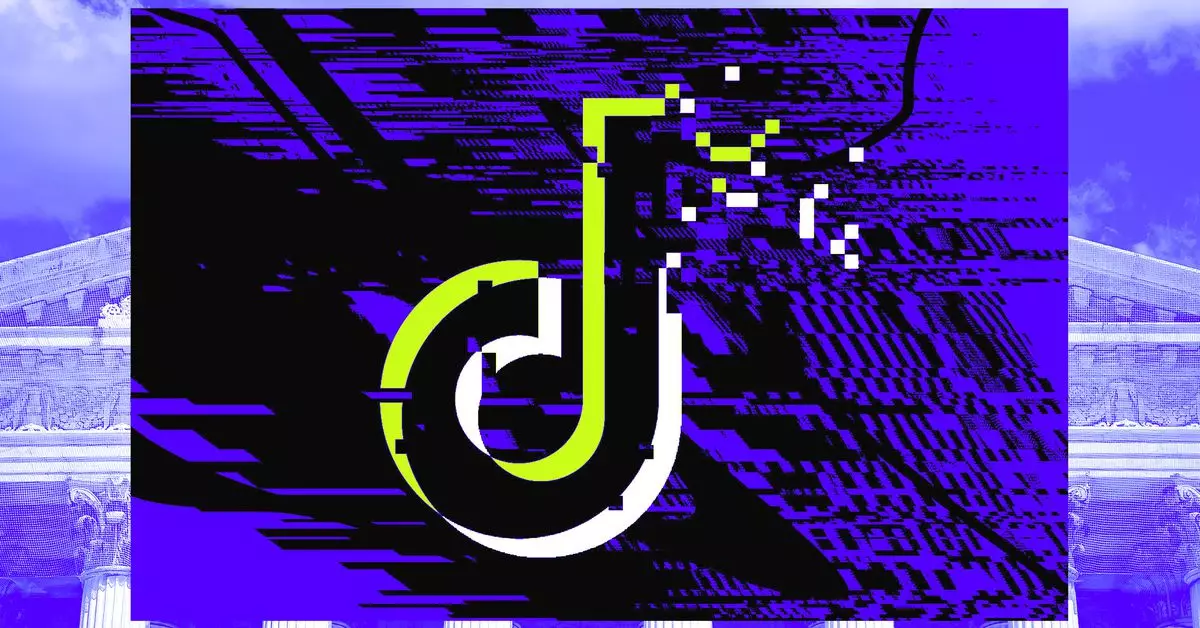In a bold and controversial move, former President Donald Trump recently issued an executive order impacting the future of TikTok, the social media phenomenon closely tied to its Chinese parent company, ByteDance. This article delves into the implications of Trump’s directive, examining the legal ramifications and the broader context within which this decision is situated.
On his first day in office, Trump’s executive order aimed to stave off the enforcement of a previously established rule mandating the divestiture of TikTok from its Chinese owners or face a potential ban in the U.S. This order appears to extend the deadline for such a sale by effectively eliminating penalties for American companies, such as tech giants Apple and Google, who have engaged with TikTok. Specifically, the order entreats the Attorney General to pause all enforcement of the law for 75 days, allowing the new administration the opportunity to reassess the situation.
Trump’s prerogative raises significant questions regarding its legal standing. The law in question, enacted in January 2025, outlines stringent measures against foreign adversaries. Thus, by attempting to suspend these measures, Trump’s actions seem to teeter on the brink of constitutional validity, as they defy the framework established by a bipartisan Congress, including provisions signed into law by President Biden himself.
Diving deeper into the implications of this executive order, one cannot ignore the risks posed to companies that may reintegrate TikTok into their operations. Legal experts have pointed out that adherence to a suspended law still places tech companies in potential peril of immense financial repercussions. Should these firms face scrutiny for their decisions to engage with TikTok, they risk incurring fines amounting to approximately $850 billion.
Moreover, even though Trump’s order signals a pause in immediate penalties, the language of the directive itself complicates the landscape considerably. By stating that the order does not bestow any legal rights or benefits enforceable against the United States, it suggests that affected parties might not find any real refuge under its terms. This precarious position could deter many companies from reinstating TikTok, despite Trump’s reassurances.
Compounding the uncertainty surrounding TikTok’s status is the revelation that the platform briefly went offline before re-emerging without its presence on major app stores. The buy-in from companies like Apple and Google is tenuous at best, as they grapple with the specter of legal action looming over them. Even as Trump attempts to override existing laws with his executive powers, the challenge remains: the legislative framework established before this order cannot be easily dismissed or nullified.
Additionally, Trump’s declaration of a joint venture through which the U.S. government would purportedly hold a 50% stake in TikTok adds another layer of complexity. The lack of clarity on how this arrangement would function raises eyebrows and further muddles the operational framework within which TikTok and its stakeholders must navigate.
At its core, the unfolding situation reflects a broader political chess game where both parties appear to play their parts. The original law targeting TikTok had bipartisan support, signaling a concerted effort to address national security concerns regarding foreign influence. Trump’s executive order raises significant debates about the role of executive powers versus established legislative processes in managing national interests.
The stakes are undeniably high. Nearly a century of U.S. policy towards foreign investment has encouraged free enterprise but has consistently pivoted when national security hangs in the balance. As industries and technological advancements evolve, too, so do the challenges of managing foreign relations, making the implications of this executive order critical for the ongoing discourse surrounding digital sovereignty.
While Trump’s executive order may provide a temporary reprieve for TikTok, it simultaneously encases it within a legal web fraught with ambiguity and risk. As companies assess their strategies, the repercussions of this decision are likely to resound across the tech landscape for some time to come. The calling card of power, legalities, and geopolitics in this scenario raises critical questions about the future of TikTok and the broader implications of governance in the digital age.


Leave a Reply